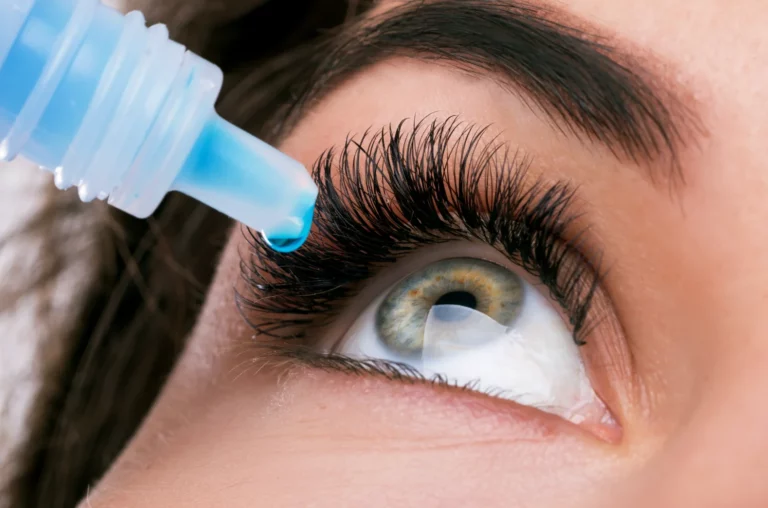Our eyes are extremely important to our perception because we process up to 80% of sensory information through vision.
Sight has such a significant impact on what we do and how we interact with the world that it affects everything from daily tasks to important ones.
Our dependency on vision makes eye health an essential element of our well-being, but many people see changes in their eyesight with age.
“Floaters” are one of the most common changes that occur, and many have been puzzled — and at times alarmed — by the sudden appearance of drifting spots.

Floaters are “spots in your vision” described by the Mayo Clinic as “black or grey specks, strings, or cobwebs.”
With eye movement, these tiny shadows drift with you, but with a quick focus on them, they dart away, like they couldn’t ignore you.
They are surprisingly common, occurring in about seven in ten people, and tend to become more noticeable with age.
Floaters are confusing to many, often incorrectly believed to be dust or tiny bugs that won’t leave.

“As you age, the protein fibres that make up the vitreous shrink into little shreds that clump together,” says Webmd’s specialist Rick Ansorge.
When the fibres in the vitreous clump, tiny shadows are cast on the retina, and floaters are seen in the line of sight.
People seem to have a common reaction of confusion, with many reporting finding similar things online.
‘I keep seeing ‘flies’ everywhere…’, was shared by one, ‘I just want my two-year-old to get better and get home,’ was shared by another. I rub my eye, but really, there is nothing there. It is so frustrating.”

Another chimed in: “I thought this was just me… waving my hands in my vision like I’m crazy and there’s nothing there, only to realize it’s a floater.”
However, the NHS says that if floaters persist but don’t get worse over time, there is usually nothing to worry about.
Floaters may also be more likely to appear for nearsighted people or those who have had cataract surgery.
Floaters are usually harmless, but they can be a daily annoyance if they interfere with your vision.
Experts suggest some steps to help prevent floaters from becoming a problem.
A healthy diet with omega-3s, zinc, Vitamin A, and fatty acids is also supportive of eye health and will help reduce floaters.
Smoking is also to be avoided as it affects vision and can raise the risk of eye conditions as well.
Looking up and down may help shift fluid in the eyes to shift floaters out of the line of sight if they are distracting.

Floaters are usually benign, but sometimes floaters can signal that something more sinister is happening in the eye.
However, Webmd says floaters can be caused by certain conditions, such as diabetic retinopathy, eye tumours, or even crystals in the vitreous.
The NHS also warns that if you suddenly develop floaters and begin to see flashes of light, or if the number of floaters suddenly increases, it could be a more urgent problem.
Blurred vision, eye pain, or a moving shadow across your sight could indicate a medical emergency with your eye’s retina.
You should be evaluated immediately if you have floaters and any symptoms, as they may indicate serious retinal conditions.





